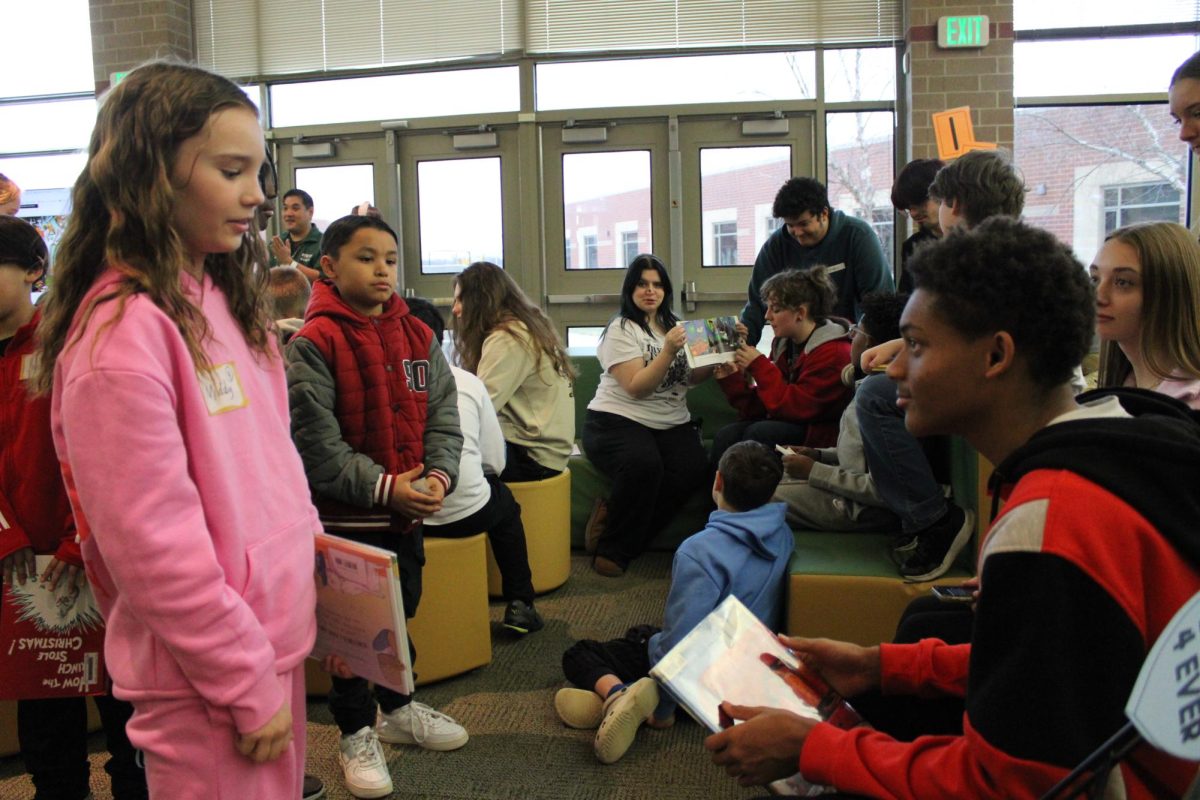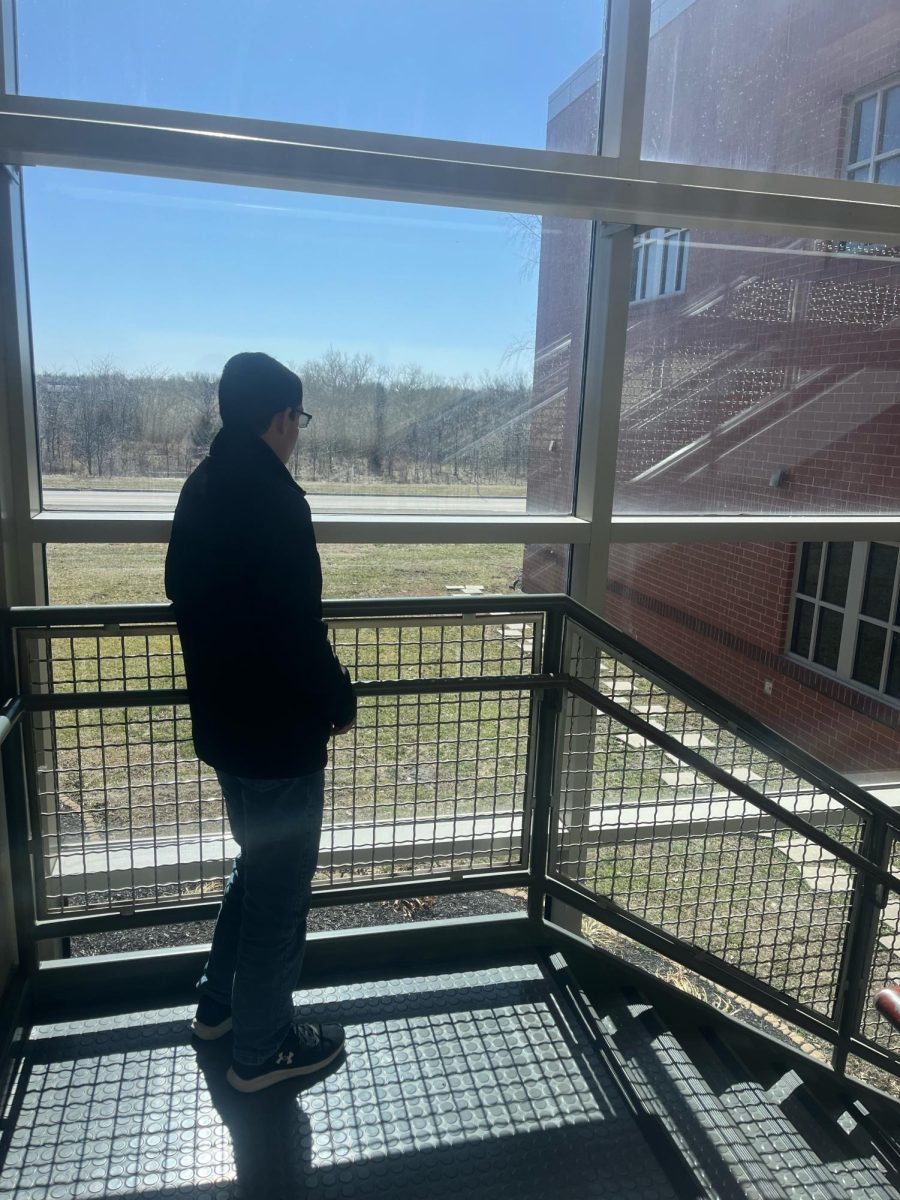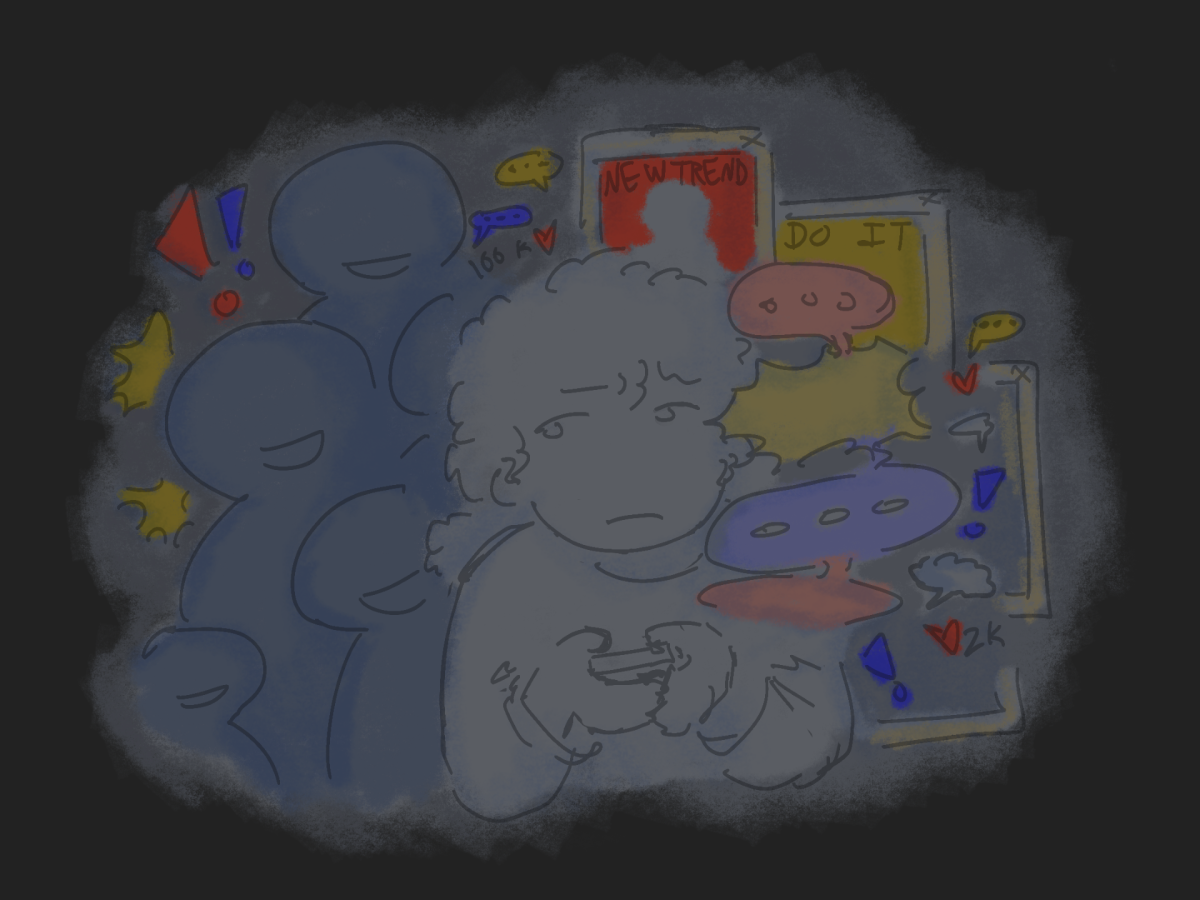Homework Creates Controversy
December 20, 2013
When students leave school after seven hours of learning, they often go home to complete two or more hours of homework. This has become a topic of uprising within our nation as CBS News, CNN News and The New York Times have acknowledged it. Most students also participate in school activities, have family events, jobs, and, to keep from being stressed, need time to relax.
“Sometimes it can be overwhelming,” said junior Tiffany Thompson. “It almost feels like teachers don’t realize you have other classes, and they just pile worksheet after worksheet over you. Some teachers schedule projects at the same time and expect you to get everything done in the right amount of time.”
This matter has become very problematic for families and schools as a whole. Research has been done by Duke University, Penn State, Stanford University and other facilities to convey how greatly it affects kids. In 2007, the annual Survey of Canadian Attitudes toward Learning (SCAL) showed that 72 percent of children from the ages of 5 to 24 have stress caused by homework.
“I think some homework helps because I think sometimes kids do need that repetition of work they can do at home, and the practice of doing it again and again is good for helping them,” said AP Psychology teacher Scott Anderson. “But I also think too much homework leads to overkill, and then kids get tired of it, and then they don’t care about it anymore.”
A 2007 study from the American Academy of Pediatrics revealed that, for both children and teenagers, too much homework and no down time could have a negative affect. The report from this study has shown that the more homework a student has, the more prone to depression and anxiety they are.
“I think we need a balance of homework, not necessarily of less,” said Anderson. “And it should be done so that sometimes they get some and sometimes they don’t. I don’t think you need to have homework every night in every single class and overwhelm kids.”
Advocates say homework teaches kids to manage their time and become more responsible. Others argue that teachers don’t show the students how to complete the work given to them.
“On some homework assignments, like math, there are problems in there that they expect us to do that they didn’t even teach us in class,” said Thompson.
Not everyone feels as if homework is an issue in their lives outside of school.
“I don’t think homework should be worth as much as it is, but I don’t think we should have less of it,” said senior Amy Howery.
The National PTA recommends 10 to 20 minutes of homework per night for first grade, and another 10 minutes per grade level thereafter. Studying is a successful concept, but it’s suggested that students require downtime to distress from the pressures of school.




























